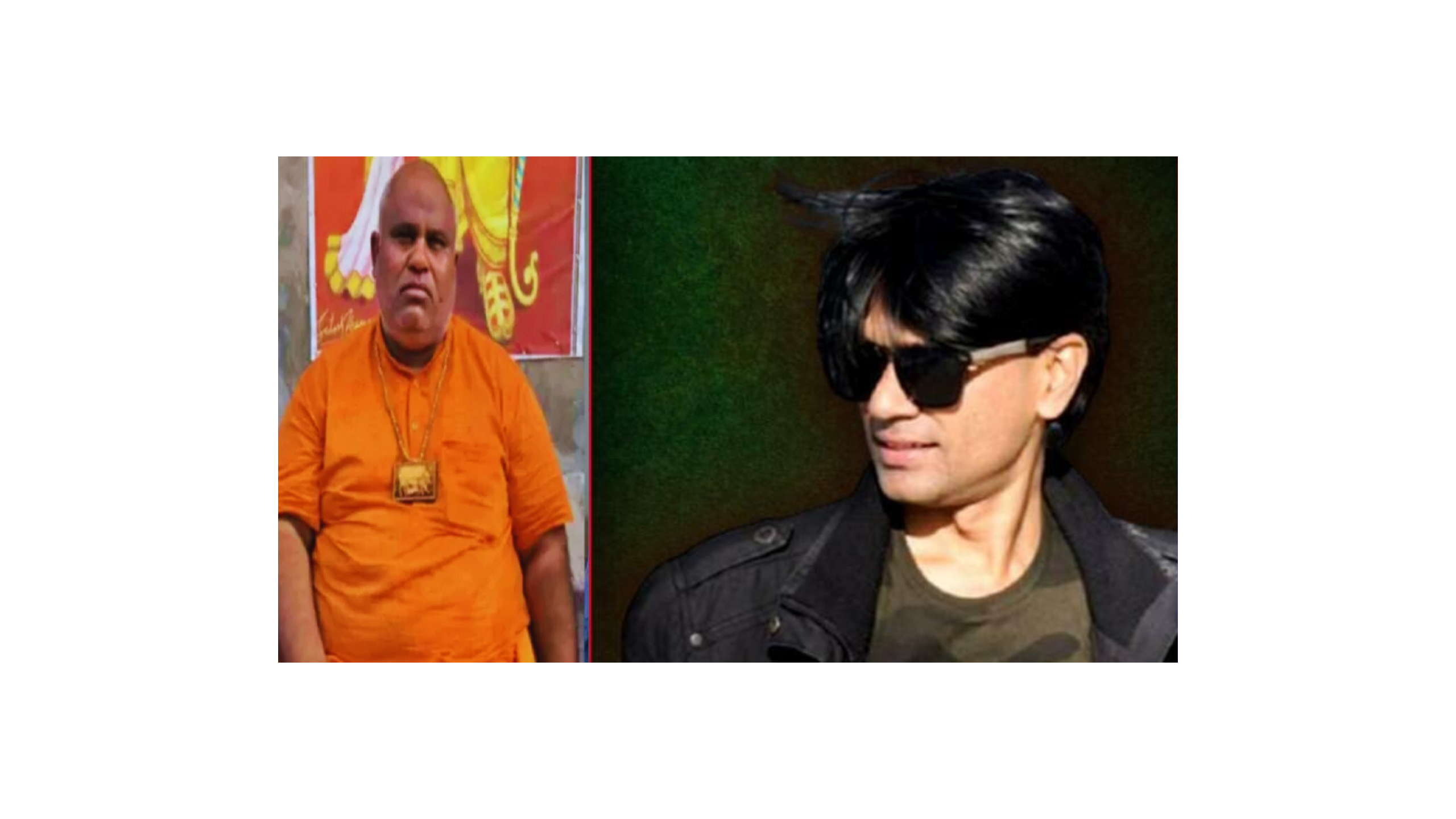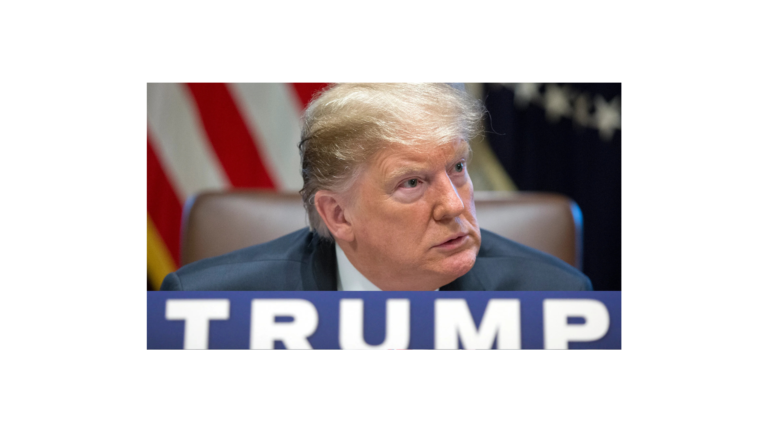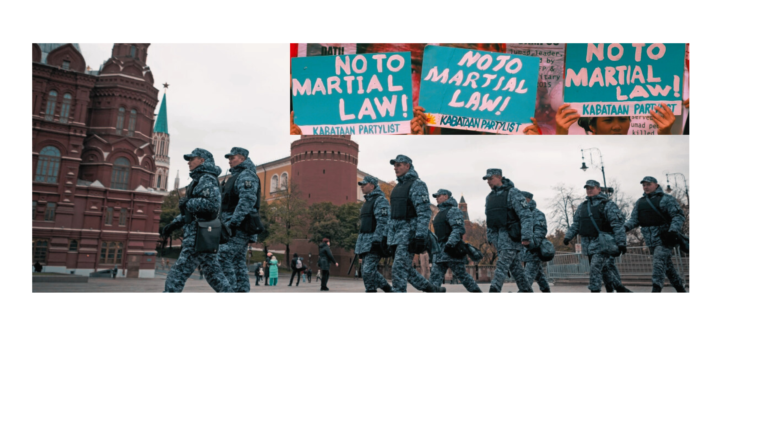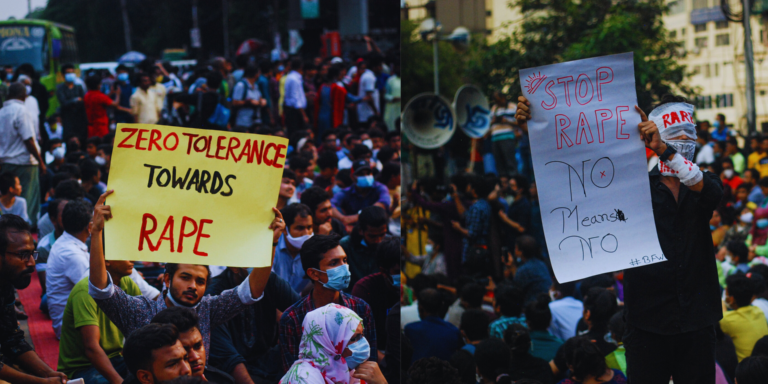
In a recent development, police have filed an FIR against Mohammad Zubair, co-founder of Alt News, with serious allegations, including the violation of Section 152 of the Indian Penal Code (IPC), a provision that addresses acts endangering India’s sovereignty, unity, and integrity. This section carries severe consequences, and bail is not an option if found guilty under it.
What’s the Case About?
On October 8, 2024, the police in Ghaziabad added a new charge against Zubair, citing a breach of India’s sovereignty and national integrity. This charge was included alongside provisions from the Information Technology (IT) Act. The police filed this complaint after Zubair shared a controversial video clip of Yati Narsinghanand, a Hindu priest, on social media. Narsinghanand is known for his controversial views and speeches.
The Ghaziabad Police have now informed the Allahabad High Court about the additional charges. The ongoing case relates to Zubair’s petition to quash the FIR filed against him, in which he challenged the inclusion of multiple sections in the FIR.
The Legal Battle
Zubair’s lawyer, Vrinda Grover, argued in court that the state police insisted on adding more sections to the FIR during the proceedings. The investigating officer submitted an affidavit, stating that two new provisions—Section 152 (dealing with actions that could harm India’s sovereignty) and Section 66 (related to the IT Act)—were now part of the charges. These additions could have serious legal consequences for Zubair, particularly as Section 152 is a non-bailable offense.
The police have argued that the earlier charges, which carried sentences of less than seven years, didn’t warrant Zubair’s arrest. However, with the addition of Section 152, which focuses on acts threatening national unity, the situation has become much more complicated. The new charge places Zubair under serious scrutiny, as it could potentially impact his personal freedom.
The Accusations
The charges stem from a video that Zubair posted on his Twitter account, which shows a speech by Yati Narsinghanand. Narsinghanand has been a controversial figure for his remarks, which many consider inflammatory. The complaint, filed by Udita Tyagi, the General Secretary of the Yati Narsinghanand Trust, claims that the video shared by Zubair led to the incitement of violence against Muslims. According to Tyagi, Zubair’s actions stoked communal tensions by highlighting a speech that allegedly targeted Muslim communities.
What Does This Mean for Zubair?
Zubair now faces a long legal battle, and the situation highlights the growing scrutiny of social media platforms and the role they play in spreading controversial content. The legal consequences could be significant, especially with the inclusion of Section 152, which is a non-bailable offense. For Zubair, this case represents a significant challenge to his freedom, as the charges could lead to severe penalties if proven true.
Conclusion
The case of Mohammad Zubair has sparked considerable debate, with many raising concerns about the limitations on free speech and the growing tension between social media platforms and the law. As the legal proceedings continue, it will be interesting to see how the courts interpret the charges and whether the police’s actions stand up to judicial scrutiny. One thing is clear—this case will have lasting implications on how similar cases are handled in the future.







